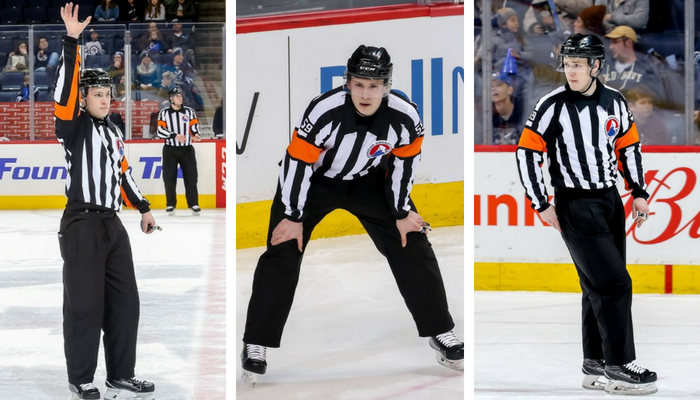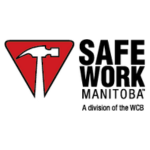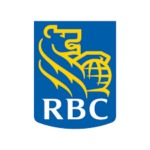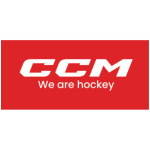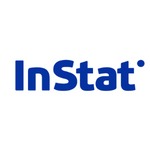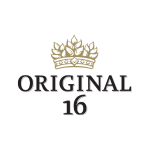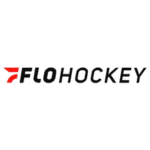By Lanny Stewart
When he was younger, it was just a job on the side to make a little extra cash. Nowadays, Brett Roeland takes that ‘job on the side’ much more seriously.
“When I quit hockey, I still wanted to stay connected to the game. Refereeing was a way for me to stay connected,” said the 24-year-old Winnipeg product, who will soon be entering his fourth season as a referee in the MJHL and is now contracted to work games in the WHL, ECHL and AHL this upcoming season.
Roeland began officiating games at the age of 12 working novice house league games, eventually progressing through the provincial minor hockey ranks. He’d later find himself working AAA midget before eventually landing in the MJHL, a league he says has helped him tremendously in his career thus far.
“It’s fast-paced and a different type of hockey, a different standard of penalty selection. There’s some excellent coaches in the league that are pretty tough on referees, but being tough on us essentially makes us better in the long run. It also sets higher expectations for us every game.”
He says he always knew he had a good skill-set in terms of skating and felt he had the athletic ability needed to make a name for himself in the world of officiating hockey games.
“I could always process the game at a fairly good rate,” he said. “The last couple of years I’ve had some opportunities given to me and I’ve taken advantage of them.”
He helped officiate the 2017 Western Canada Cup in Penticton, B.C. and it was there where his referee career really began to blossom, says MJHL director of officiating Jody Wielgosh.
“He did a fantastic job there and then things really went quickly for him after that,” Wielgosh said. “When you do well at those tournaments, it doesn’t take long to be communicated that this is the guy you need to look at. He’s had a lot more responsibilities since then and he’s run with it.”
For referees to advance their careers, they need to have a quality “game sense” says Wielgosh.
“It’s one thing to know the rule book inside and out, and every official has to know the rules, but you have to be able to understand the game. You must be able to communicate with the players and with the coaches and with the other officials and do that effectively and very quickly. You also have to be confident in those decisions and if you make the wrong decision, you have to own it,” he explained. “The guys who can do that, those are the ones that are going to be getting higher-level games and moving along in their officiating career.”
Wielgosh says he could tell right away that Roeland was someone who had a lot of potential.
“He developed very quickly, and you could tell that he was confident but not cocky. He took direction from supervisors and veteran officials and worked hard and continues to have a great attitude.”
Roeland began receiving offers from other leagues late last year, including contract work in the AHL. His first AHL contest he worked was a Manitoba Moose game in his hometown last April.
“My first AHL game was here in Winnipeg which was a super special experience for me and my family. I had a couple of buddies in ref jerseys in the crowd. You could hear them cheering whenever I called a penalty,” said Roeland with a laugh.
When Roeland is not calling penalties on the ice, he’s a pharmacist off it, but he plans on focusing on officiating this winter as much as possible.
“I’m going to treat it (officiating) like it’s a full-time job this winter in hopes that it does turn into a full-time job,” he said. “Those leagues that I’m working, there’s only one team based out of Winnipeg so there’s quite a bit of travel. I must have an extremely open schedule.
“I’m going to back off the pharmacy job in the winter and kind of let them send me where they want to send me,” he said.
Will Roeland eventually land in the NHL one day? Wielgosh believes he has what it takes.
“It’s really going to be up to him and whether he gets that far. Nothing he’s shown me so far however is changing my mind. I think there’s every reason to believe he’ll get there if he keeps working as hard as he is and puts his mind to it.”
Wielgosh believes it’s inevitable Roeland will eventually move on from the MJHL entirely – and when that day comes, it’ll be sad to see him go, but understands it’s all part of the process the MJHL adheres to – and that’s to continue to not only develop players, but coaches, support staff and, in Roeland’s case, officials.
“…And that’s something that we’re proud of from a league standpoint in that we can develop people in the league who can move on to the next level,” he concluded.













